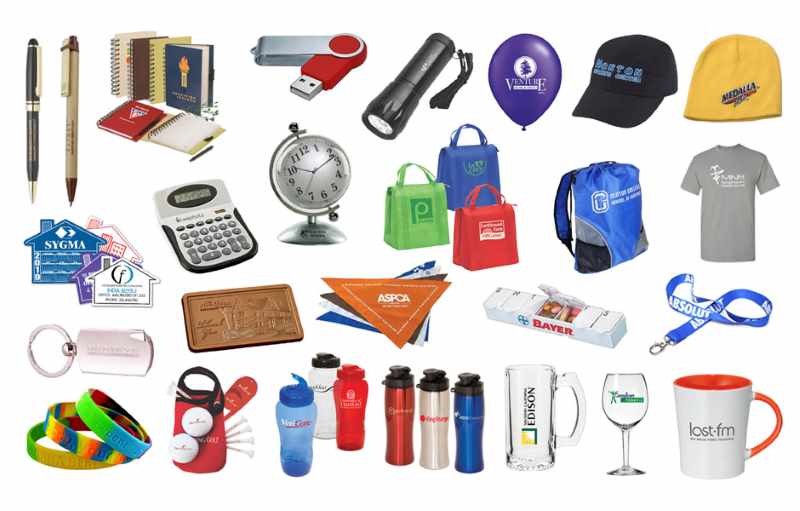Proponents of promotional products (many of them members of that industry) have no shortage of enthusiasm for these items, sometimes nicknamed schwag. I'm talking about little widgets bearing a company's name: key chains, bath mats, coffee mugs, gloves, hats, flash drives, golf tees: you get the idea.
The draw of these is your brand immersing itself into the lives of potential customers, existing customers, and the families and friends of these folks. Your brand is riding a bullet train into the subconscious minds of thousands. Further, these items make your brand look assertive, hungry, willing to give out free stuff. The impression of brands that dole out schwag have been measured to be high.
Yes, we do have empirical proof that using promotional products does work. Businesses that properly integrate a promotional product into their marketing repertoire do seem to fetch increases in brand awareness, sales, and customer satisfaction. This asks the question: what is it that makes promotional product marketing successful?
Success With Promotional Products
Think back to times when someone gave you something that a) you didn't ask for and that b) seemed insignificant at the time. Maybe it was a shopping cart in the parking lot of the grocery store ("here, do you need a cart?") or a pen after you mentioned you didn't have one. Maybe an acquaintance offered you a can of nuts she was given by someone and is allergic to. Did you have, in any way, some positive, perhaps warm and fuzzy feeling from the interaction? Or, to put it another way, would you be more likely to strike up some sort of conversation, interact with, think of, or perhaps offer your schwag to that person or someone who'd never made the first move?
Giving is a powerful action. Receiving is also powerful, as described above. It creates a connection and gets a relationship off on the right foot.
Useful Schwag
It's certainly true that it's the thought that counts and that the giving act is so paramount in promotional items. It's true that usefulness of the item can be slightly limited in this light. Yet, usefulness is an enhancement, and was reported by consumers as the number one factor motivating them to keep an item in a 2011 survey by Promotional Products Association International.
Along these lines, theming your promotional items around your product and brand, as much as possible, isn't a bad idea. That is, if you have a web design company, mouse pads may be better than pens, and certainly better than dog biscuits. If you sell plants, spray bottles for watering those plants may be the ideal item, since when using it, the potential customer is getting a practical benefit from something with your name on it.
In short, promotional items thank existing customers, represent your brand, and, ideally, bring in new customers. They probably won't be a large part of your marketing budget, but if you engineer the proper cost-benefit, not investing too much but doing it intelligently enough to get results, you'll be golden.
